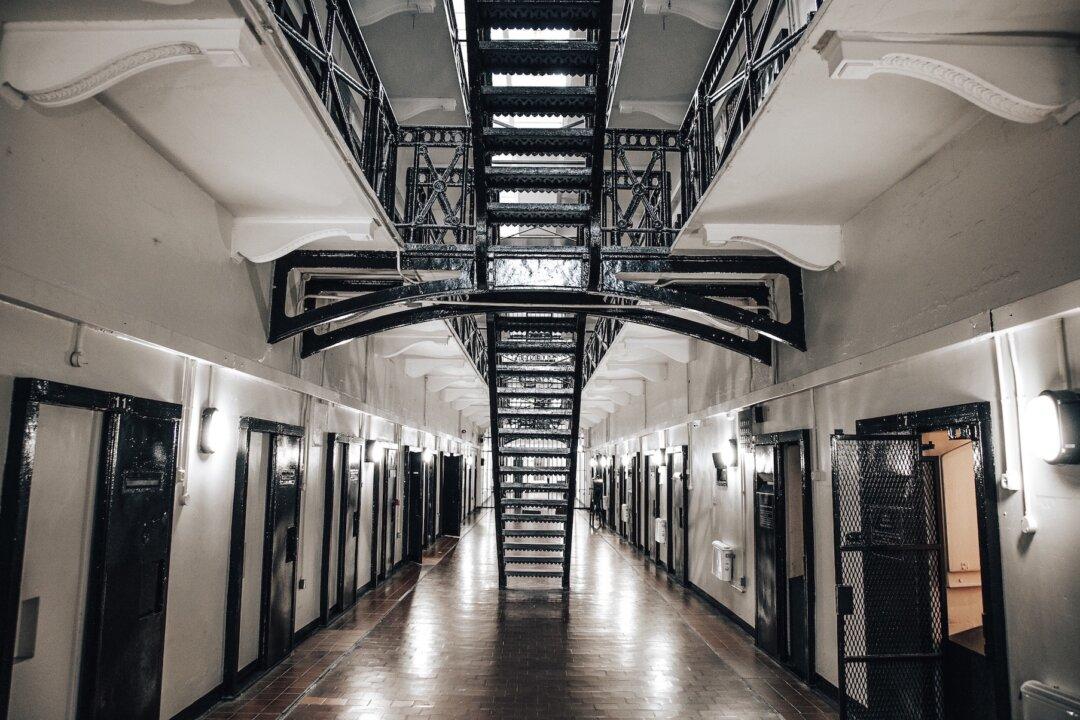Across the country, a small but growing number of non-traditional district attorneys, known as progressive prosecutors, are being elected to office.
From Larry Krasner who vowed to end mass incarceration in Philadelphia, Pennsylvania, to Kim Ogg who promised to decriminalize low-level possession of marijuana in Harris County, Texas, these prosecutors have won office by seeking to implement what they claim to be a more balanced approach to criminal justice. Their policies steer away from the traditional tough-on-crime approach toward less punitive measures, while they pledge to increase police accountability.




